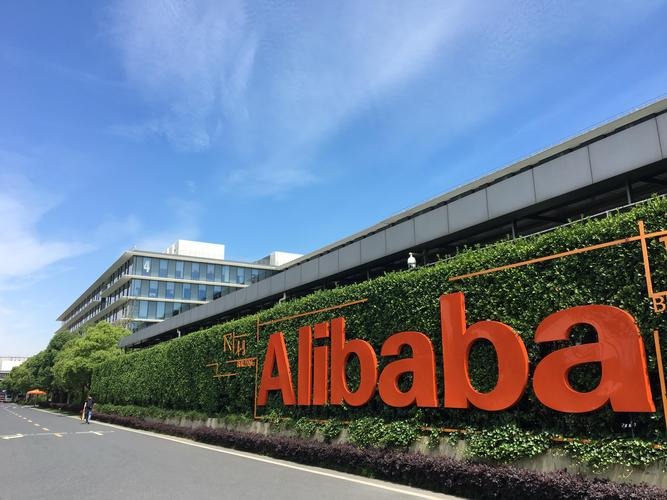1. Alibaba Cloud: Provides cloud computing services such as cloud servers, network storage, and databases. Customers can build websites, deploy enterprise business systems, etc. on the cloud.
2. Alibaba.com: The world’s largest e-commerce platform, involving various e-commerce formats such as C2C and B2C. The main services include:
– Alibaba e-commerce transaction services: Provides a trading environment and services for merchants and individual buyers.
– Alibaba payment services: Provides safe and convenient payment services for merchants and buyers, including Alipay and Huabei.
– Alibaba logistics services: Provides order delivery services for merchants and buyers covering most parts of the country.
– Alibaba financial services: Provides financial services such as merchant loans and buyer credit.
3. Tmall: An e-commerce platform for brand owners, involving brand flagship stores, brand-tailored malls, etc., focusing on building brand experiences. Brands on Tmall pay more attention to brand image and user experience.
4. Gaode and Alibaba Maps: Provides map services and navigation services. You can query route planning, real-time road conditions, and other information.
5. Other services: Also provide cloud market, big data services, matchmaking services, and other enterprise services.
In summary, Alibaba’s products and services are huge, covering cloud computing, e-commerce, logistics, finance, portals, and local life. Among them, cloud computing, e-commerce, and logistics are Alibaba’s three core businesses. Through platformization and ecology, Alibaba has now become the world’s leading digital ecosystem company. In the future, Alibaba will continue to strengthen cloud, data, AI, and other technological innovations, promote consumption upgrading and industrial digitization, and further release industrial vitality and improve people’s quality of life.














